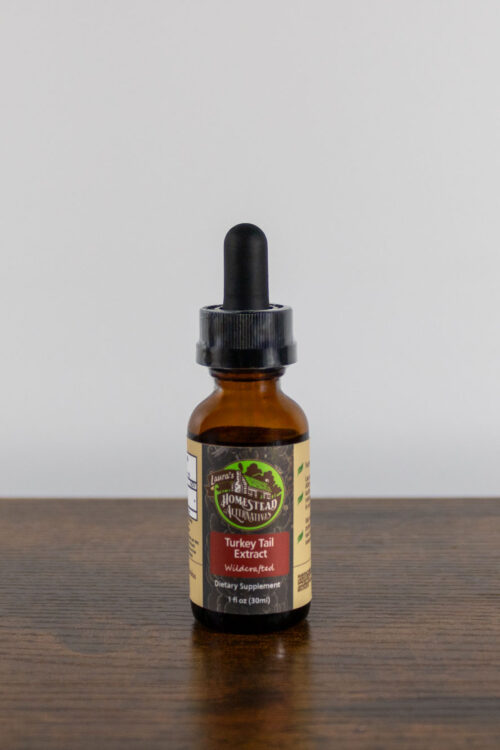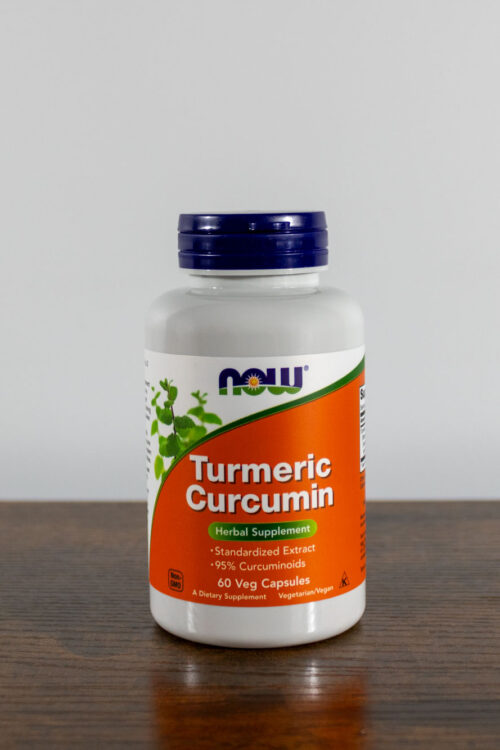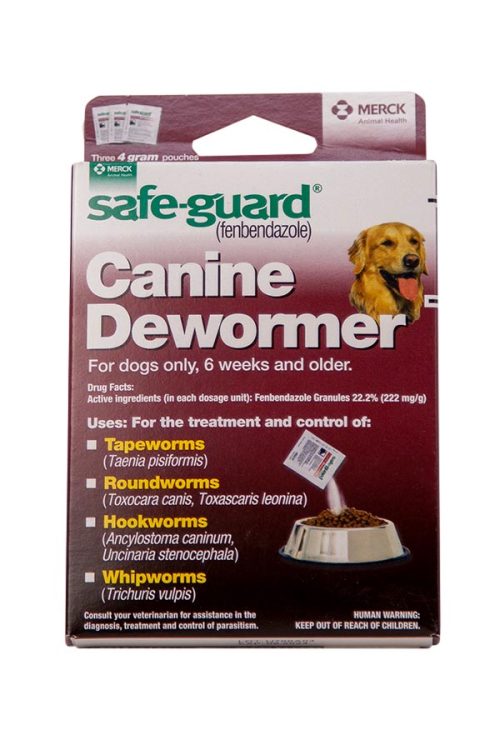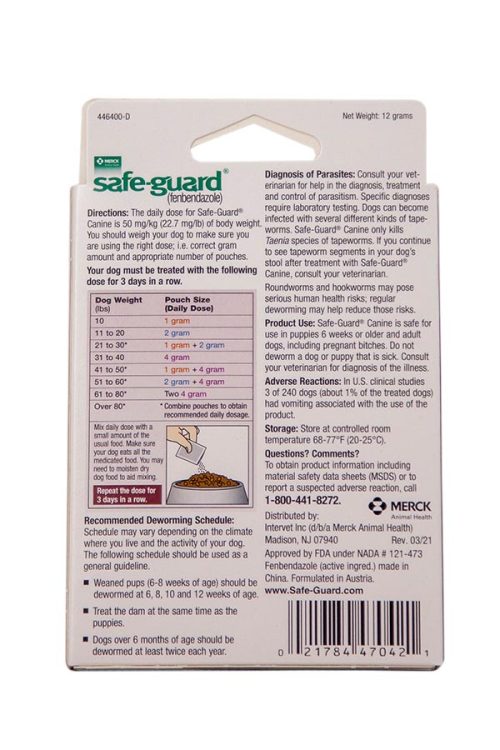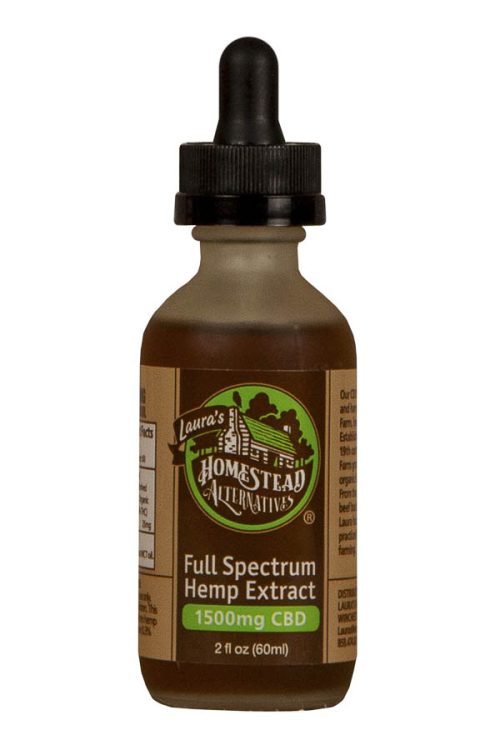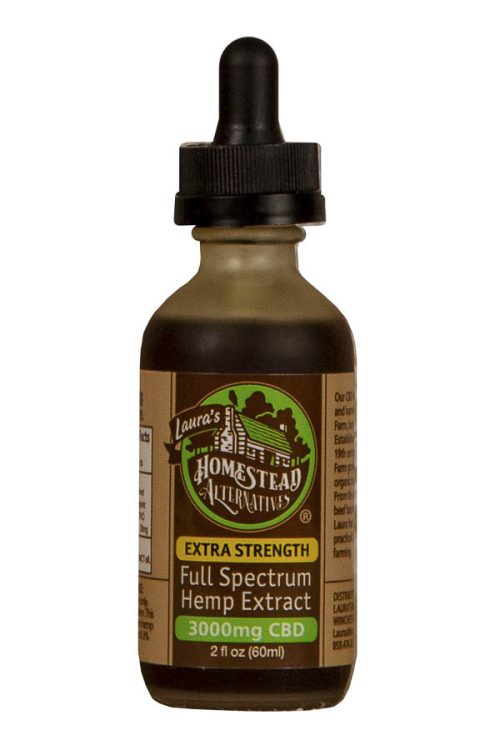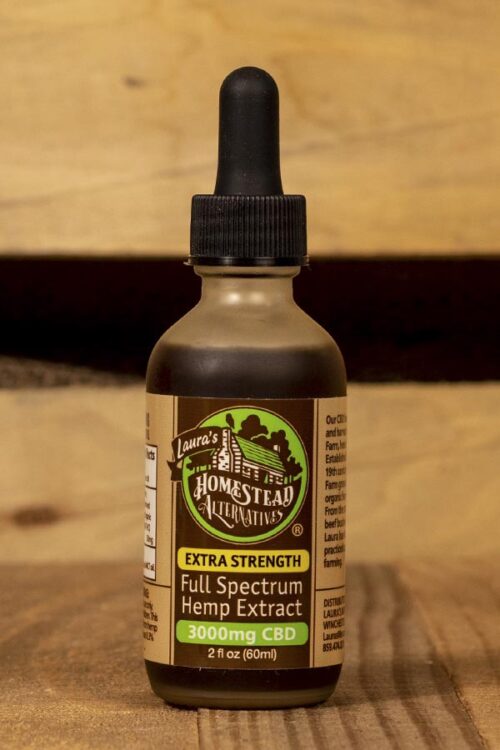What Is Fenbendazole?
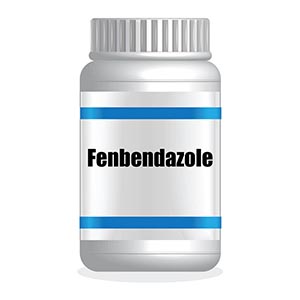
Fenbendazole and cancer is quickly becoming a popular topic in the health world. Fenbendazole, also referred to as “fenben”, is a medication used to treat parasites and worms (roundworms, hookworms, whipworms, and some tapeworms) in animals (common brand names are Pancur and Safe-Guard). However, it is also being used by humans in a cancer treatment method known as the Joe Tippens Protocol.
Fenbendazole is a benzimidazole, a class of microtubule-destabilizing agents. Other benzimidazoles, including albendazole, parbendazole, mebendazole and flubendazole have already been shown to have promising results in humans. While there have been very few scientific studies done on the possible cancer fighting benefits of fenbendazole, one such study suggests that fenbendazole has “been safely utilized as an anti-parasitic for various different animal species and could be repurposed for treating human malignancies.”
Another study states that the “repurposing of veterinary drugs showing promising results for human use can result in considerable time and cost reduction required to develop new drugs.”
Is Fenbendazole Safe For Humans With Cancer?
While little research has been done on the effects of fenbendazole and human consumption, studies have shown that the medication is typically tolerated well by humans, and thus far, has not reported any major side effects. While we can’t state that fenbendazole is safe for humans, the research appears promising.
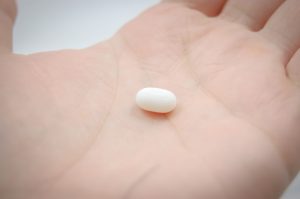
According to a 2018 study, Fenbendazole (methyl N-(6-phenylsulfanyl-1H-benzimidazol-2-yl) carbamate) is a broad-spectrum benzimidazole anthelminthic approved for use in numerous animal species. Repurposing of veterinary drugs showing promising results for human use can result in considerable time and cost reduction required to develop new drugs. Fenbendazole is known to have a high safety margin and most species tolerate it very well. It has very low degree of toxicity and high degree of safety in experimental animals.
Another study also discussed the potential side effects of using fenbendazole in humans. “Based on limited human data it appears that doses up to 500 mg per person did not result in adverse effects,” the study states. “Moreover, single doses up to 2,000 mg per person were reported to cause no adverse effects.”
How Do I Take Fenbendazole?
The Joe Tippens Cancer Protocol, or Fenbendazole Cancer Treatment, suggests a dose of 222 mg per day (1 gram of Panacur C), seven days a week. The medication is available in oral granules or as a liquid suspension and is given by mouth. If you choose to use the liquid form, it is important to make sure you measure the dosage correctly and carefully. It is recommended that the fenbendazole be taken with food to avoid any gastrointestinal upset. Although there have been limited studies on the cancer-fighting characteristics of fenbendazole, it appears to be tolerated well by humans.
Joe Tippens Cancer Protocol Dosages
Fenbendazole: 222 mg per day seven days a week with food.
Curcumin: 600 mg (2 pills per day) of bio-available curcumin 7 days a week.
CBD oil: 25 mg sublingually (under the tongue) seven days a week.
Vitamin E (optional): 400-800mg per day, seven days a week.
Related Fenbendazole and Cancer Articles
- Joe Tippens Cancer Protocol | Laura’s Mercantile (laurasmercantile.com)
- Is Fenbendazole Safe For Humans? | Laura’s Mercantile (laurasmercantile.com)
**We in no way endorse the Joe Tippens Cancer Protocol as a cure for cancer, and as always, you should consult your physician before starting any new medications or treatment plans.


